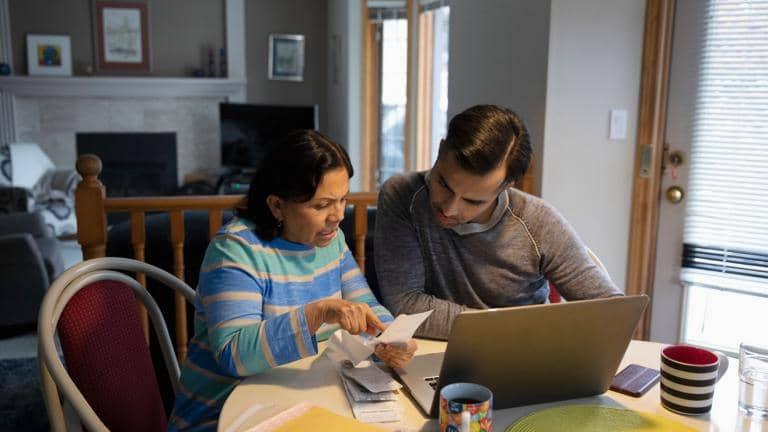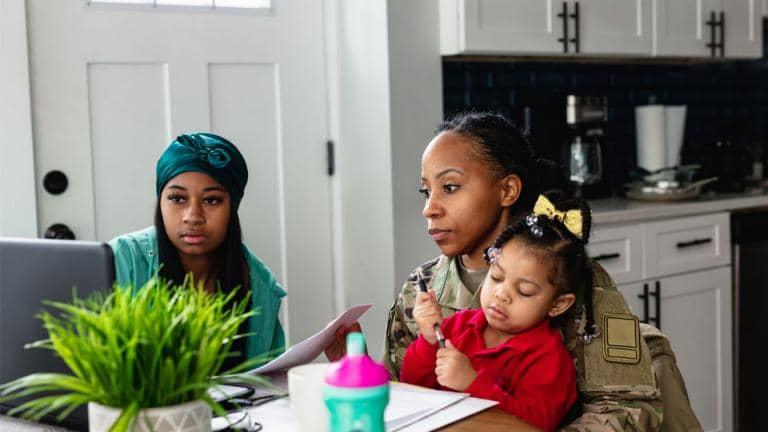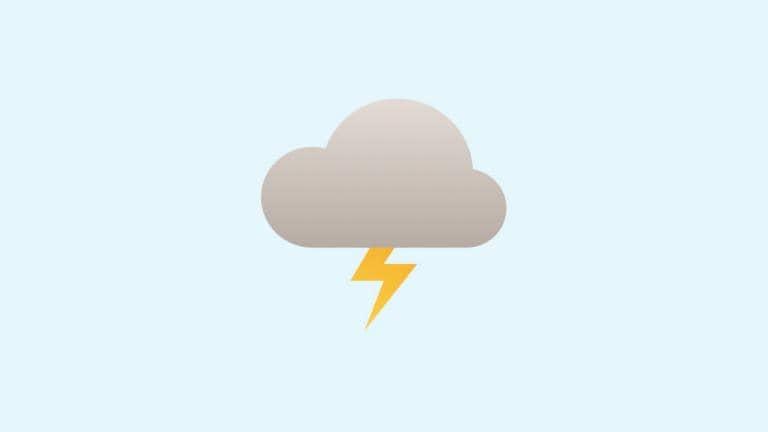
Managing your money
Getting your budget back on track

Ways to stay in control of your money
Everyday life has never seemed so frantic – work, family, kids, mortgage or rent, bills, shopping, more bills – and it’s easy to lose track of every payment going in and out of your bank account.
You’re not alone if you feel you’ve recently dropped the ball on your budgeting, or got into wayward spending habits.
But with higher prices and rises in the cost of living, it’s vital to be able to manage your money as best you can.
Here are six tips to help you take greater control of your daily spending.
1. Good spending habits start with a great budget
You could be forgiven for thinking we’re always going on about a budget – we do, for a very good reason.
It’s at the heart of all healthy money habits, and is one of the best tools to help take control of your spending.
Having a clear view of where all your money goes lets you truly understand the state of your personal finances.
If you’ve already got a budget, now could be a timely moment to review it – with energy and fuel bills on the rise, your spending might have changed in other ways too. If you’ve never drawn up a budget, now’s the time to have a go. Our quick and easy guide can get you started.
2. Do you really need it? The ‘wants’ you can do without
Here’s why a budget is so effective – when you know what’s coming in and going out, you can see where you’ve got spending that can be cut back.
So once you’ve taken care of your needs such as rent, mortgage, food and utility bills, it’s time to target what’s known as ‘wants’ – money you’d typically spend on going out, meals out, fitness, shopping, entertainment or clothes.
Working out where to cut back isn’t always straightforward, so identify each ‘want’ and start by asking yourself if there’s a way to do it cheaper.
For example, could you swap a £50-monthly gym bill for a weekly run and home exercise? What about setting yourself a £10 limit on birthday gifts for friends and family? If you eat out once a week, is twice a month doable instead? How many of the much-maligned take-out coffees do you drink a month – could you halve these or cut them out altogether?
Everybody will have their own challenges but it may be easier – and less of a shock - to first see if you can cut back rather than cut out.
And there’s another trick you can use. Every time you feel like treating yourself, try calculating how long it would take to work to pay for it. If you get paid hourly, it’s simple to figure this out. Otherwise, take your monthly pay (after tax) and divide it by 22 – roughly the number of working days in a month. Now you know how much you get paid each day, you can quickly compare your wants’ value. Are those new trainers really worth a day’s hard graft? Is the weekend away worth a week and a half’s pay? It’s only a quick benchmark but if it triggers a second thought before you buy, it’ll encourage you to think twice about your spending behaviour.
3. Do a DIY audit on your bank account
When was the last time you took a really good look at your bank statements? Dig them out – or you can use the Barclays app1 - and carefully check the last two months, line by line (it can take time, so do set aside 30 mins or so).
You might well find a Direct Debit or standing order you no longer need. Maybe it’s a long-forgotten online subscription, roll-over sports club fee, charity payment or an old insurance renewal. It’s very easy to lose track of old payments so this is a great way to get rid of unwanted expenses.
You can usually end a Direct Debit or standing order online or over the phone. But make sure you’re not still in a contract, to avoid cancellation fees or penalties.
4. Put a price on your online loyalty, then switch and save
Are there prizes for loyalty? Not enough, when it comes to being a broadband, TV or mobile customer. Once a deal ends, you’re often left to languish on a standard tariff costing more.
Check your current offer and compare it to today’s cut-price introductory deals. If you’re out of contract or close to its end, call up with your account details and ask them if they can match a deal you’ve seen. If they can’t, say you’ll leave. They’ll often switch you to a cheaper tariff to keep your business. Keep details of the intro deal you’ve seen close to hand, as proof of what’s available elsewhere.
Unfortunately, the days of switching to get a better deal on your gas and electricity are gone, with energy bill rises on the way. If you’re worried about paying yours, find out how you can keep costs down and what help is available.
5. Why an extra bank account could keep you in the black
When you need to balance your spending between needs and wants, it’s not easy to keep track with so many ways to pay and different bills to meet.
If you’re struggling to stay on top, try opening a second current account you only use for your ‘wants’.
The idea is to keep your main account for your salary and essential costs such as your mortgage, rent and bills.
You can then ‘pay’ your other account a fixed amount each month for non-essentials, such as eating out and entertainment. By keeping the money separate, it can help you manage smaller sums and more easily spot where you’re spending too much.
6. Clever card controls to keep you on track
Sometimes you need a little extra to stay on top of things. Our card controls could help you resist temptation – you can manage how much you spend, set withdrawal limits and even block certain retailers. You’ll find all of these tools in the Barclays app1 where you can also put a temporary freeze on your card if you think you might have lost it. This helps keep your account safe without the hassle of waiting for a new card if you later find yours in your other coat pocket.
We are not responsible for, nor do we endorse in any way, such third-party websites or their content. If you decide to access any of the third-party websites, you do so entirely at your own risk.

Getting your budget back on track

Six steps to help you look after your money

Seven ways to help you save cash
Worried about your finances? Our practical advice can help you tackle money troubles, improve your financial habits and find the support you need.
